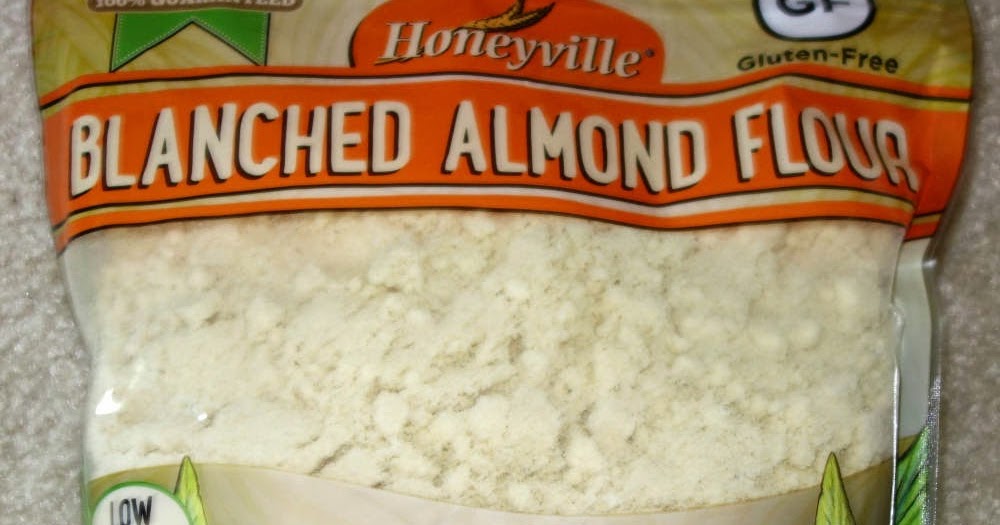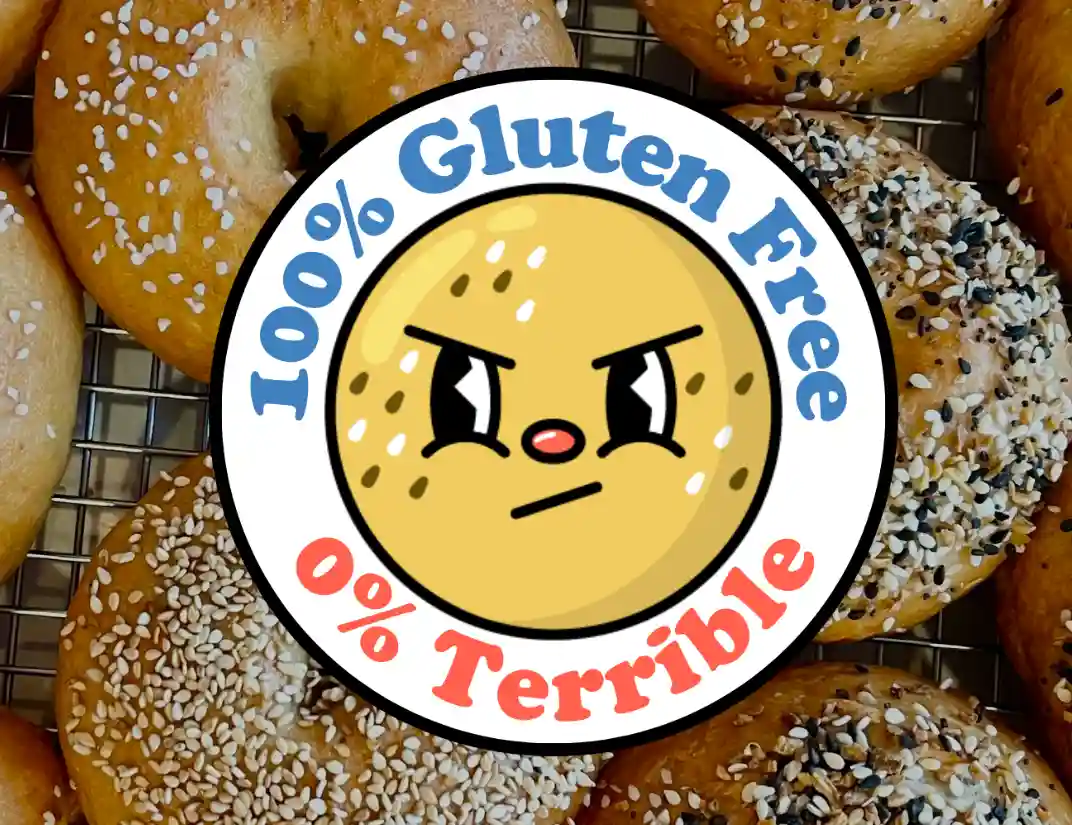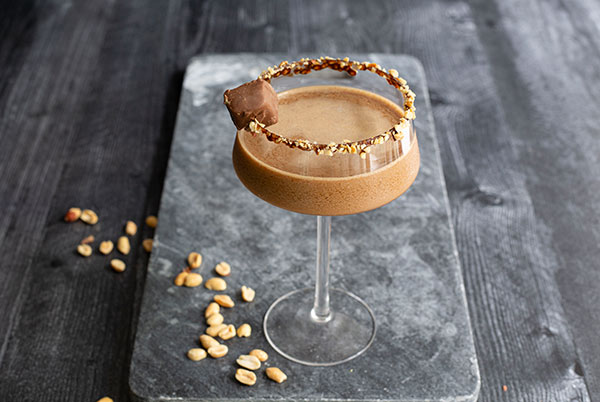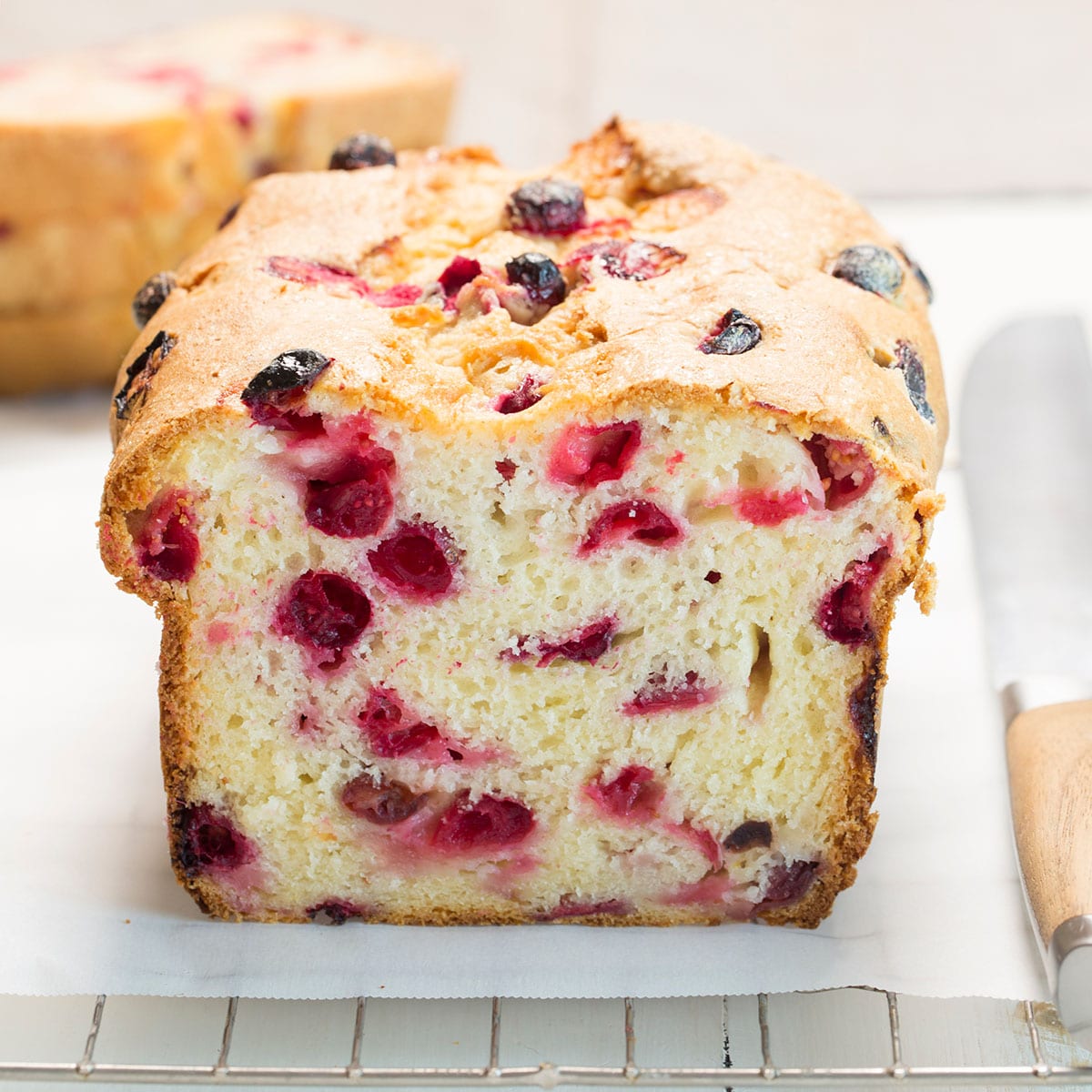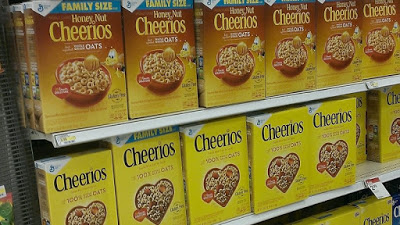 |
| Photo source |
On Tuesday, I spoke to two marketing representatives from General Mills who were representing the new gluten-free Cheerios. I wish I got off the phone with Cheerios and General Mills with great news, but I was really frustrated when I hung up the phone. I went into this call really prepared. I asked my readers and Facebook fans to share their concerns and comments with me. I watched all of their videos and read the FAQ pages to educate myself about the gluten-free Cheerio process. I read all of the scientific reports by Tricia Thompson at Gluten-Free Watchdog. I read blogs, Facebook, and Tweets for people both for and against the new Cheerios. I made sure what I was reading was recent and not driven by the blogger promotional trip to General Mills in the spring. I was prepared.
Yet, I felt disappointed with the call. I got off the call feeling like the celiac community isn’t safe eating these new Cheerios despite the years of research and development. I really do not think General Mills is quite there yet with a truly gluten-free product and that complaints of people getting sick need to be taken very seriously.
Before reading the rest of my post, I do encourage you to watch the Cheerios videos and read the FAQ page to familiarize yourself with the process.
I took a ton of notes from our call, but here are some of my key takeaways:
1. General Mills does not use gluten-free oats to produce their Cheerios.
General Mills uses oats that could be grown in the same fields as wheat, barley, and rye. GM told me that there aren’t enough gluten-free oats in the country to fulfill their demand for Cheerios production. They are committed to using “cleaner” oats that have less foreign pieces of gluten grains but there is no immediate plan to switch to gluten-free oats. GM is working to improve “cleanliness” of the oats but this didn’t seem safe enough to me. Broken pieces of wheat/rye/barley, residue, dust, etc. are all big concerns to me.
2. The production process is 100{5676e3b156b07d12bd9df9fe13d641a85da396026abde11a1ff2d0afc1b3c015} NOT gluten-free from farm to finish.
Even though the Cheerios gluten-free page outlines the production process, I had questions since the wording in the FAQ is slightly different from the video. The video mentions a “gluten-free production line” while the FAQ says “oats are processed in a dedicated gluten-free facility.” I asked the GM team to break this down for me to explain the difference along the way.
Step 1: Oats are transported from the farm to the sorting facility. Since these oats could contain fragments of wheat, rye, and barley from the beginning, this facility is NOT gluten-free. Gluten enters the building. Period. GM then sorts the grains mechanically (see video) and the final oats are considered gluten-free. Again, this is NOT a dedicated gluten-free facility yet the final product is deemed to be gluten-free. This seems confusing to me.
Step 2: Mechanically-sorted oats are transported to the mill where the oat flour is produced. These oats are either transported via dedicated gluten-free trucks or on a conveyer belt to the nearby facility. This step seemed questionable to me. Does a conveyer belt from a non-dedicated facility guarantee a gluten-free product? Yes says Cheerios.
Step 3: Oat flours is transported to the Cheerios production facility. The oat flour is transported to the facilities that actually make the Cheerios via dedicated gluten-free rail cars. If more oats need to be transported than available rail cars, the dedicated gluten-free trucks from step 2 are used. Ok, fair enough.
Step 4: Cheerios are produced using the processed oat flour. OK, this is the part I had a real problem with in the production process. Cheerios are produced on gluten-free production lines BUT the facilities could be shared. All gluten-free production is segregated from general production, but these facilities are NOT 100{5676e3b156b07d12bd9df9fe13d641a85da396026abde11a1ff2d0afc1b3c015} gluten-free. Hmmm… so the facility is gluten-free or not?
3. Gluten testing is done internally by Medallion Labs. General Mills currently has NO plans on publicly releasing gluten testing results from their internal testing. GM did say that “other labs” have done testing too, but it was unclear to me which labs and which tests were actually being used. For more details about the test methods, visit Gluten-Free Watchdog for much more in-depth information. In my opinion, if Cheerios has nothing to hide they should make their test results public. Transparency is key in the celiac community.
4. People are getting sick from eating the gluten-free Cheerios. General Mills acknowledged they have heard about people getting sick from the new Cheerios. They also were aware of the petition with signatures more than 1,600 names of people supporting change to the Cheerios production process. The Cheerios reps did emphasize that General Mills always takes consumer complaints very seriously. This is where I felt GM got the most defensive and had some answers that sounded more like excuses to me.
- “People might be reacting to the high fiber content of Cheerios.”
- “People might be reacting to oats themselves.” (Note: I mentioned to GM I have a sensitivity to oats and/or the avenin, the protein found in oats and then they gave me this answer.)
- “People aren’t used to eating oats.” For a long time, celiacs were told NOT to eat oats. GM seemed to think introducing a new grain into the diet could cause an initial reaction.
- “Talk to your doctor if you think you are having a reaction to Cheerios” or “Speak to your doctor first before eating Cheerios.” If you have medical concerns about your products, why call them gluten-free?
As expected, Cheerios never came out and admitted that their product might actually be making people sick. They did say they will investigate all of these claims seriously if people contact General Mills directly.
If you believe you became ill after eating Cheerios, FDA is asking that you contact FDA’s MEDWATCH, the Adverse Event Reporting System. You can do this online https://www.accessdata.fda.gov/scripts/medwatch/index.cfm?action=reporting.home or via phone (800) 332-1088. Choose option #4 to speak to a representative.
I want to hear from you too! I now have a direct line of communication to General Mills and I want to be your voice. Leave your comments below so I can share them with the Cheerios team.
(c) Gluten-Free Fun – Read story here.

